KEY INSIGHTS FROM CHANGENOW 2024 ON SUSTAINABLE SOIL MANAGEMENT FOR A RESILIENT FUTURE
Agriculture today is often presented as the biggest problem for climate change: it is the first contributor to water usage, deforestation and biodiversity loss, and intensive farming practices have damaged soils to the point that one third of the world’s arable land is now degraded [1].
Despite all this, if agriculture can have such an important impact on the environment, it also means that it can hold many solutions to reversing the situation. By focusing on practices that restore soil health, increase biodiversity, and improve water cycles, regenerative agriculture can avoid and even reverse the damage caused by unsustainable farming practices. These methods not only enhance the resilience of our food systems but also help combat climate change through carbon sequestration, making it possible to feed a growing population while healing the planet.
ChangeNOW, the largest event of solutions for the planet, tackled essential topics like soil health, desertification, and regenerative agriculture. The event brought together experts and stakeholders from across the food and agriculture sector to develop and accelerate concrete solutions for soil preservation and restoration. Let’s explore the key insights and strategies shared at ChangeNOW for protecting and regenerating our living soils.
The Importance of Soils
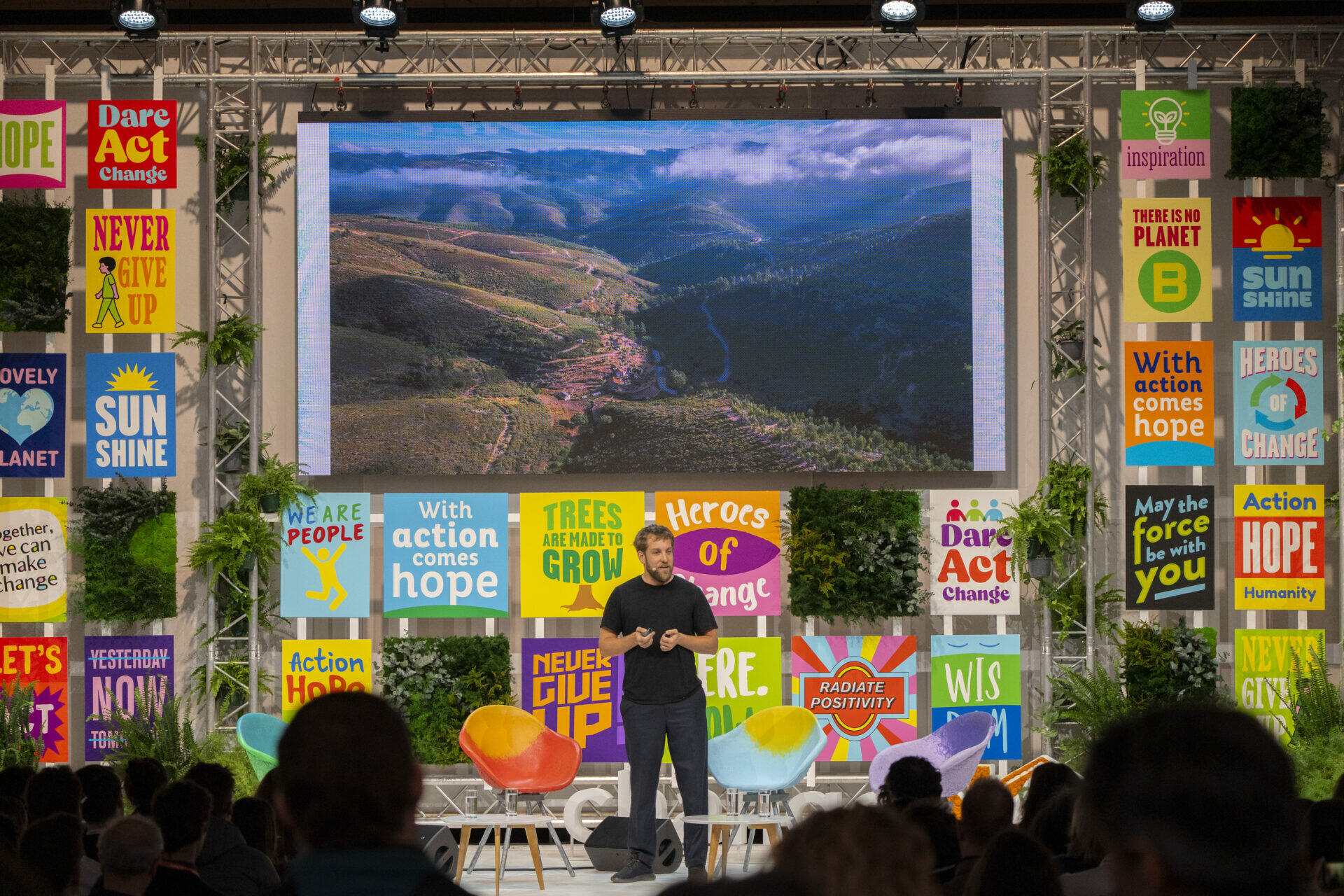
Philippe Birker, COO and Co-founder of Climate Farmers
Changing the Way We Do Agriculture
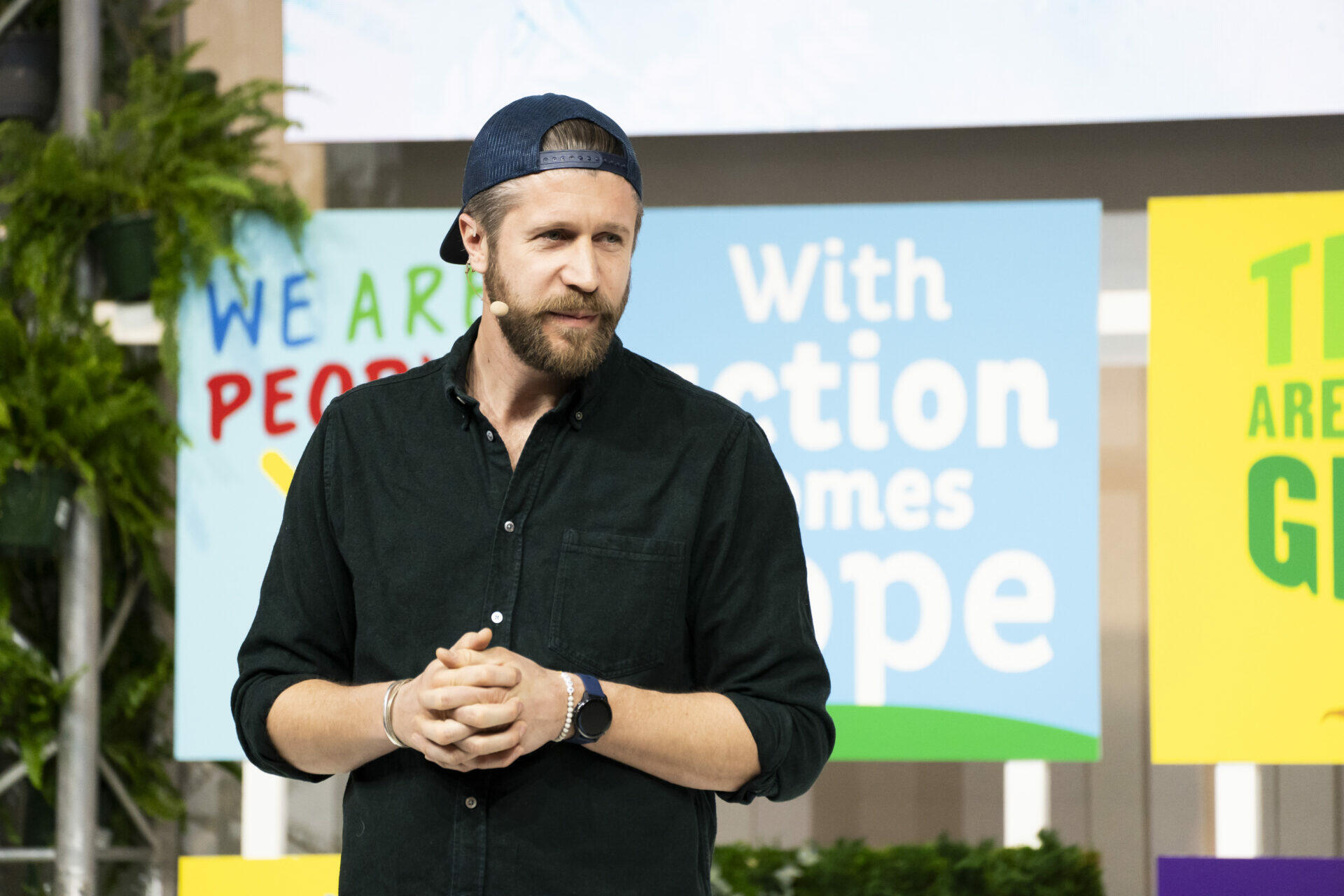
Benedikt Bösel, Founder of Gut & Bösel and the Finck Foundation
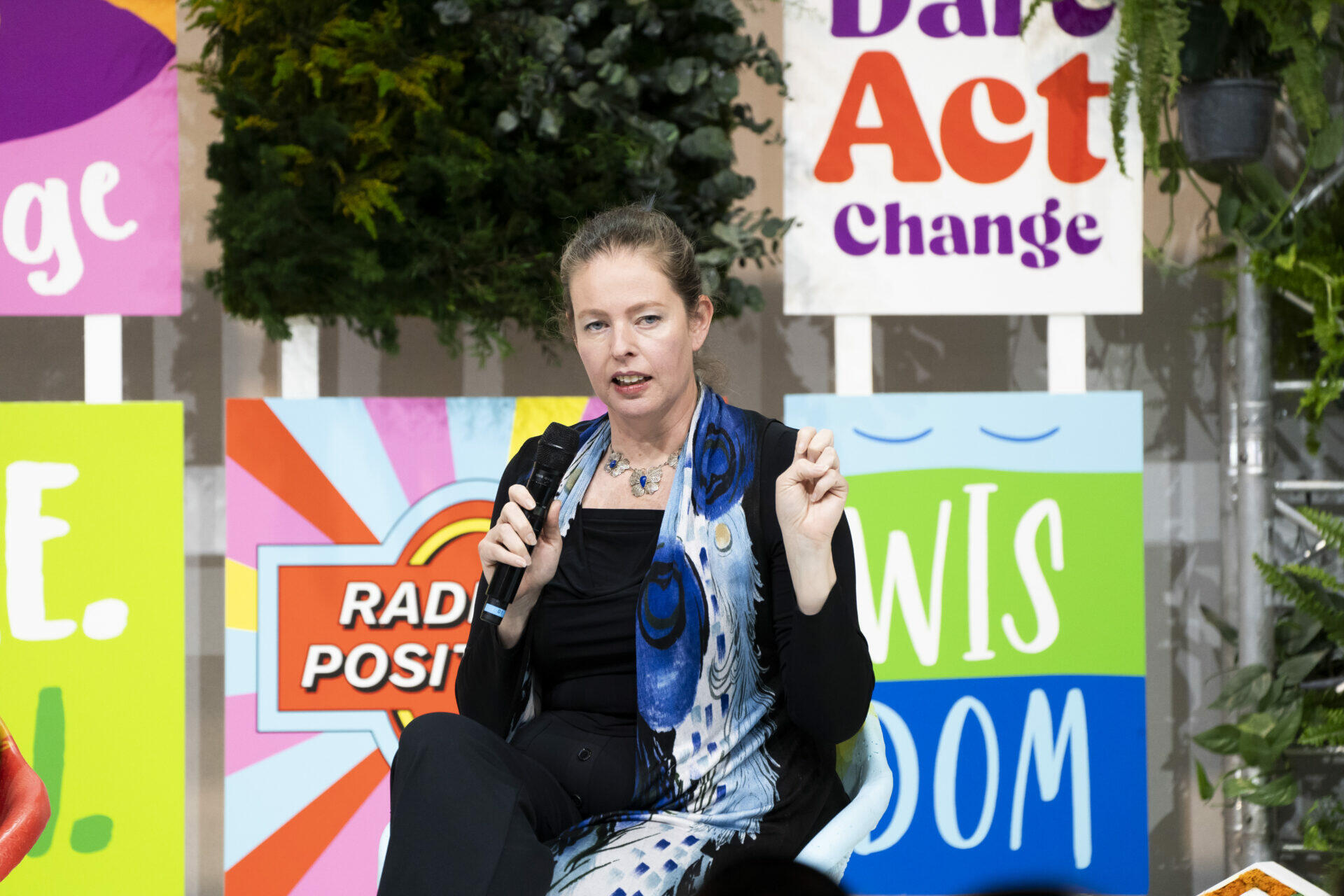
Meghan Sapp, Co-Hub Leader of Hub del Norte
Putting Soils on the Political Agenda
Significant change requires institutional cooperation. The Desertification COP is working to prioritize soil degradation on the international political agenda, and get the necessary funding. Alain-Richard Donwahi remarked, “There’s a will, there’s money to make things change. But do we want to put the money where we need to put it? That’s the problem.”
Institutions can create global frameworks to combat land degradation, support collaborative approaches, amplify voices, and lead change with a long-term vision. Stability is crucial, as Paul Luu noted: “If the rules are changing too often, then you don’t know in which direction you have to go.” Alain-Richard Donwahi added that “We need political stability to make improvements, to implement the solutions that we talk about. But, at the same time, if we don’t do anything about land degradation we’ll have instability.”
Global change must occur quickly, yet institutions are slow to change and changing mindsets takes time. Diane Binder, founding partner of Regenopolis, emphasized that “We need to support those changemakers from within as much as we need to support the changemakers from the outside.”
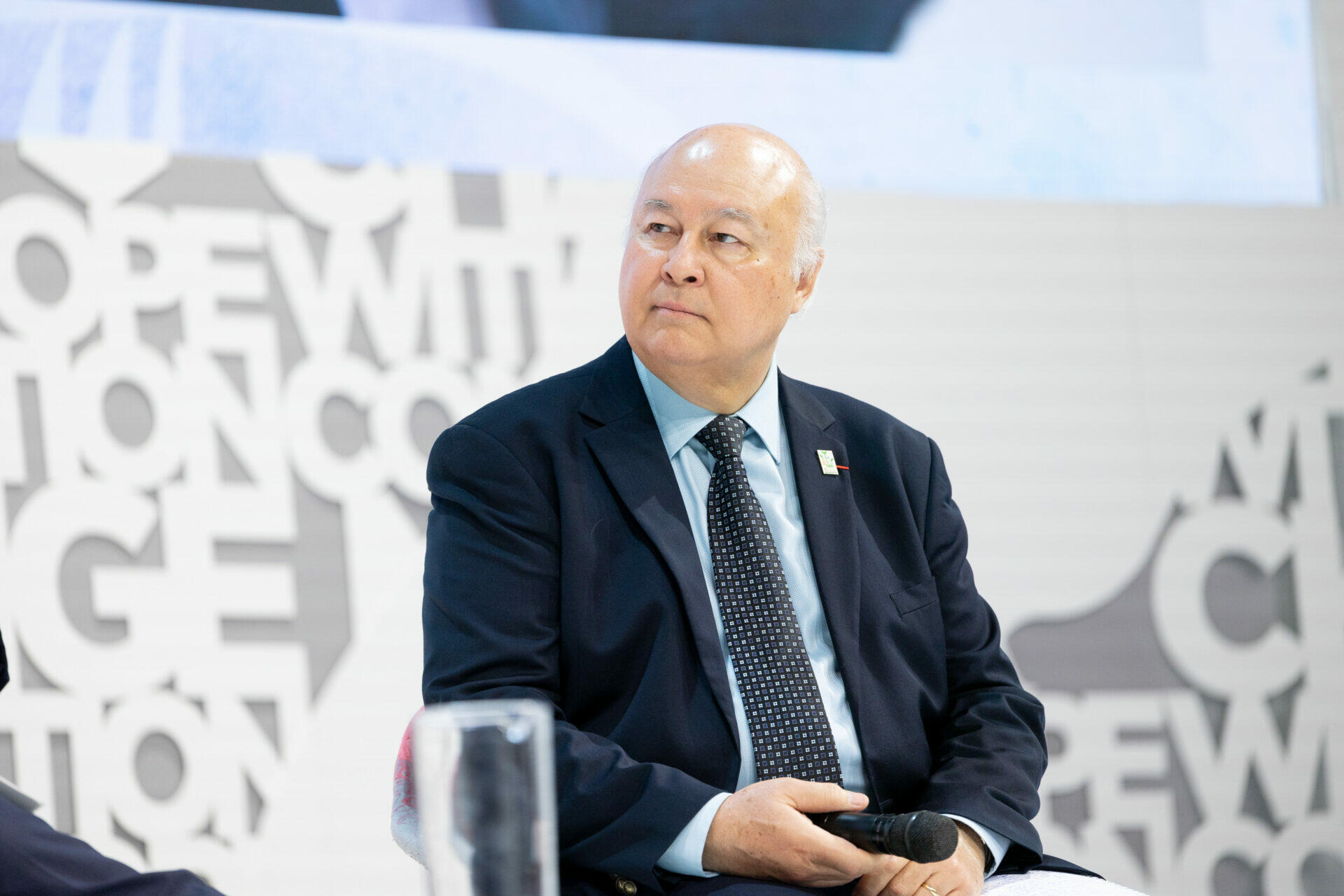
Paul Luu, Executive Secretary of the 4p1000 Initiative
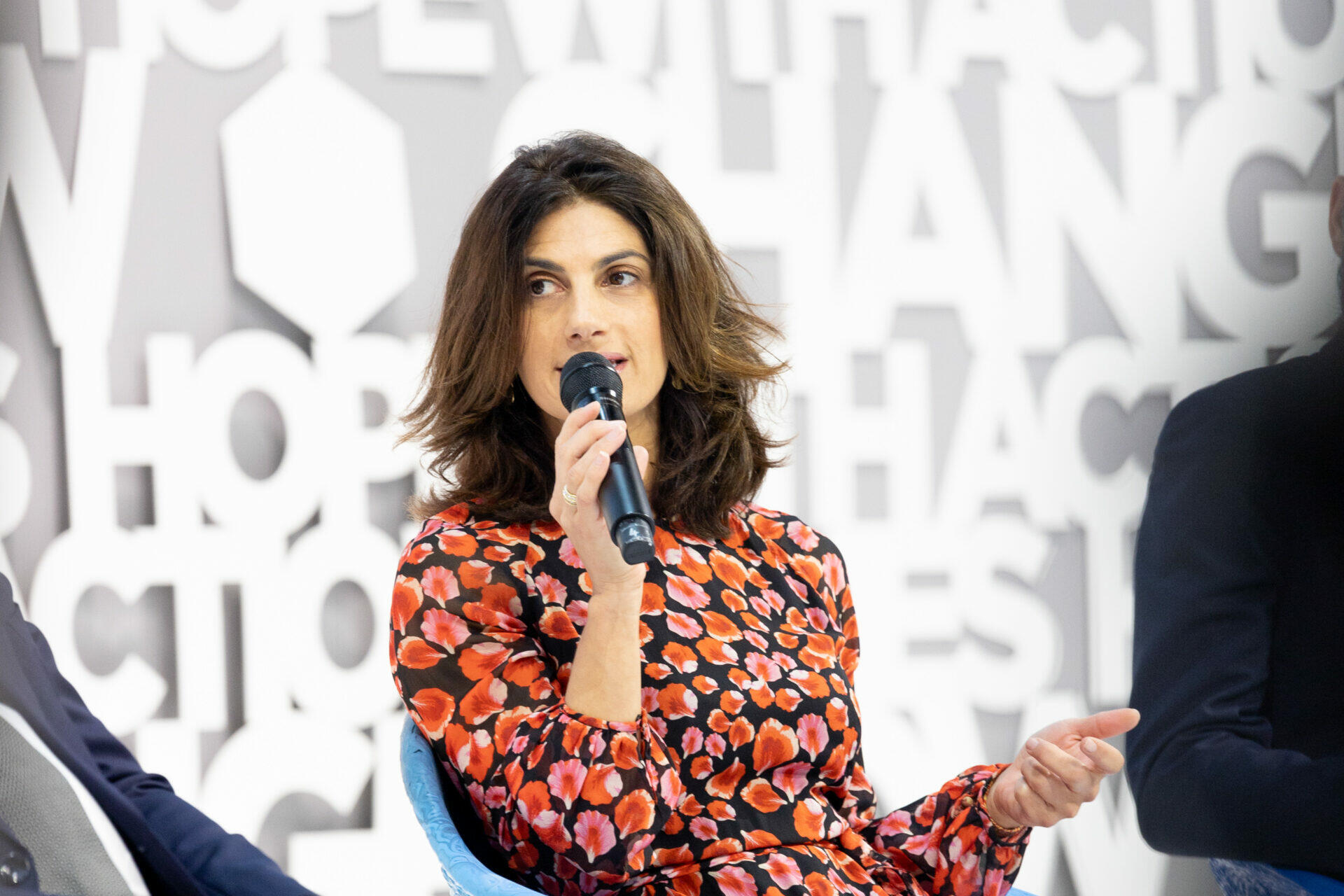
Diane Binder, founding partner of Regenopolis
The preservation and regeneration of soils are critical for sustainable agriculture and combating climate change. By supporting those who innovate, cooperate, and educate, we can address soil degradation and ensure a healthier planet for future generations. That’s why this year, for the first time, ChangeNOW will co-organize the 2nd edition of the World Living Soils Forum, an international event created by Moët Hennessy to “share the state-of-the-art regarding soil health” and “use collective intelligence to go further” in the words of Sandrine Sommer, Chief Sustainability Officer at Moët Hennessy.
Join us in Arles, France on October 8 and 9, 2024 to discover how we can help transform our degraded soils into living ones!
[1] Click here for more information and details on the sources used.





